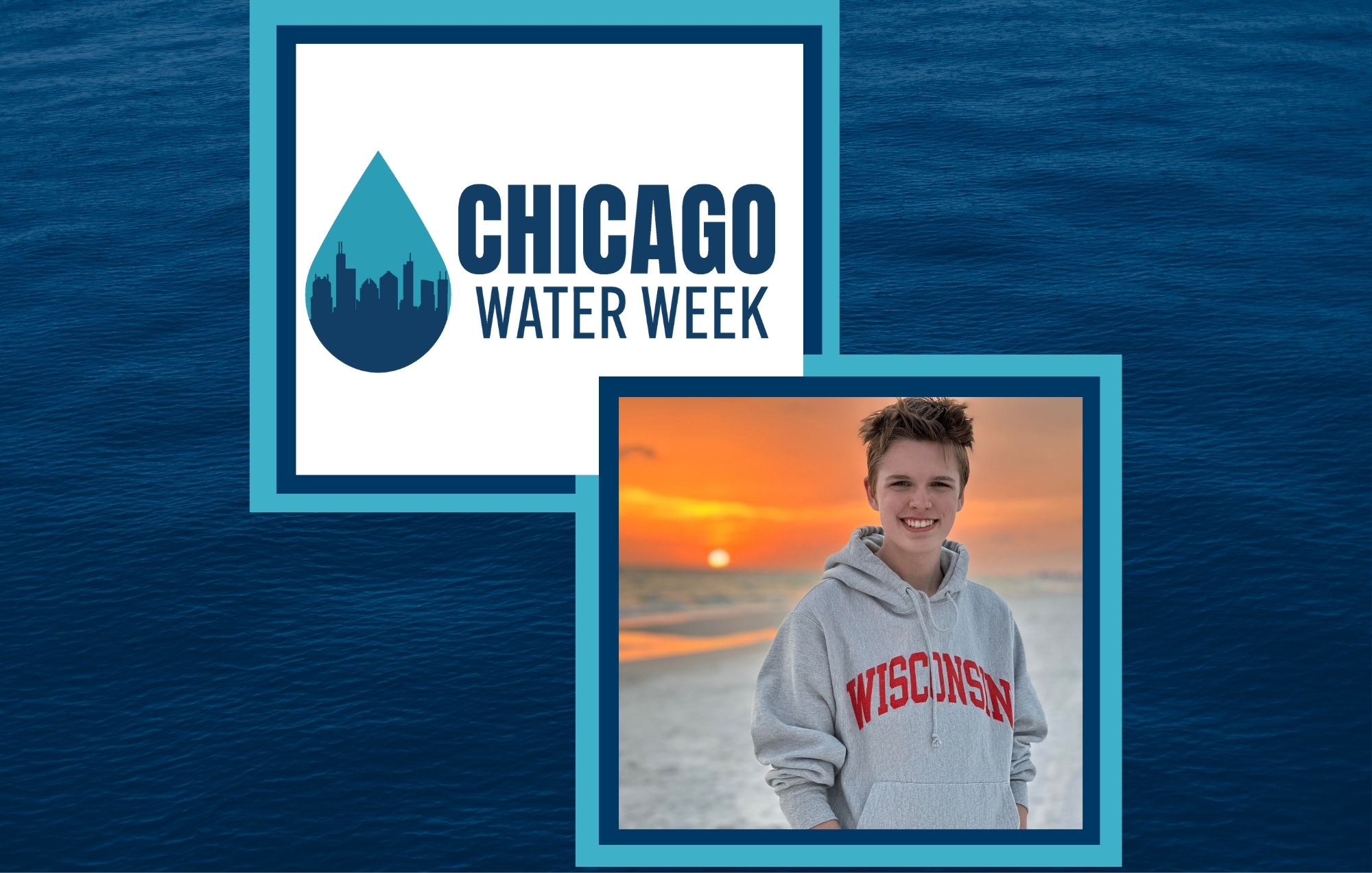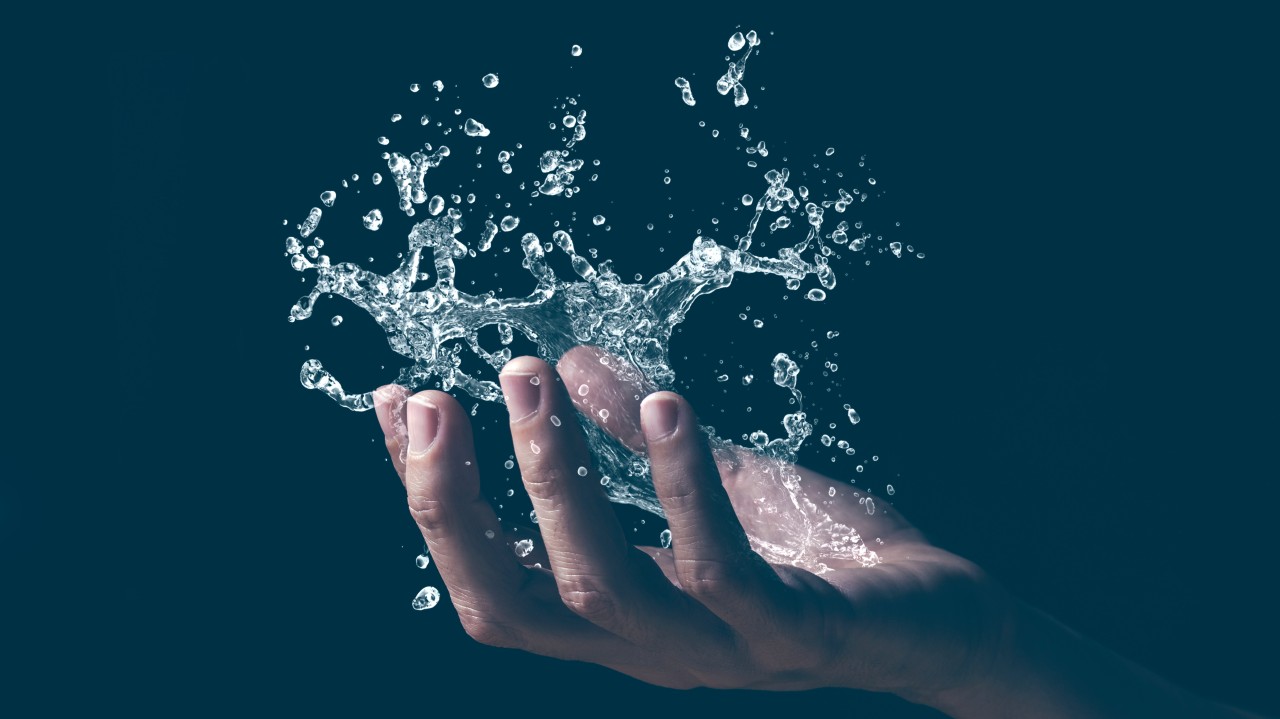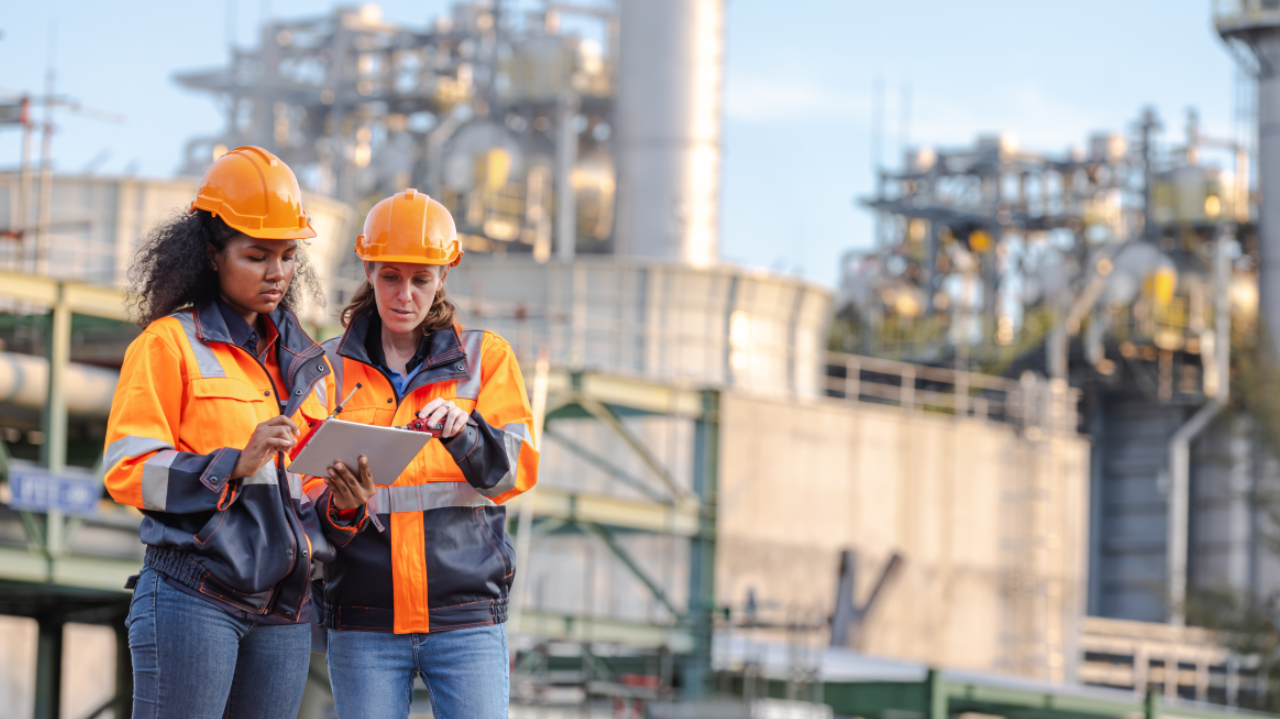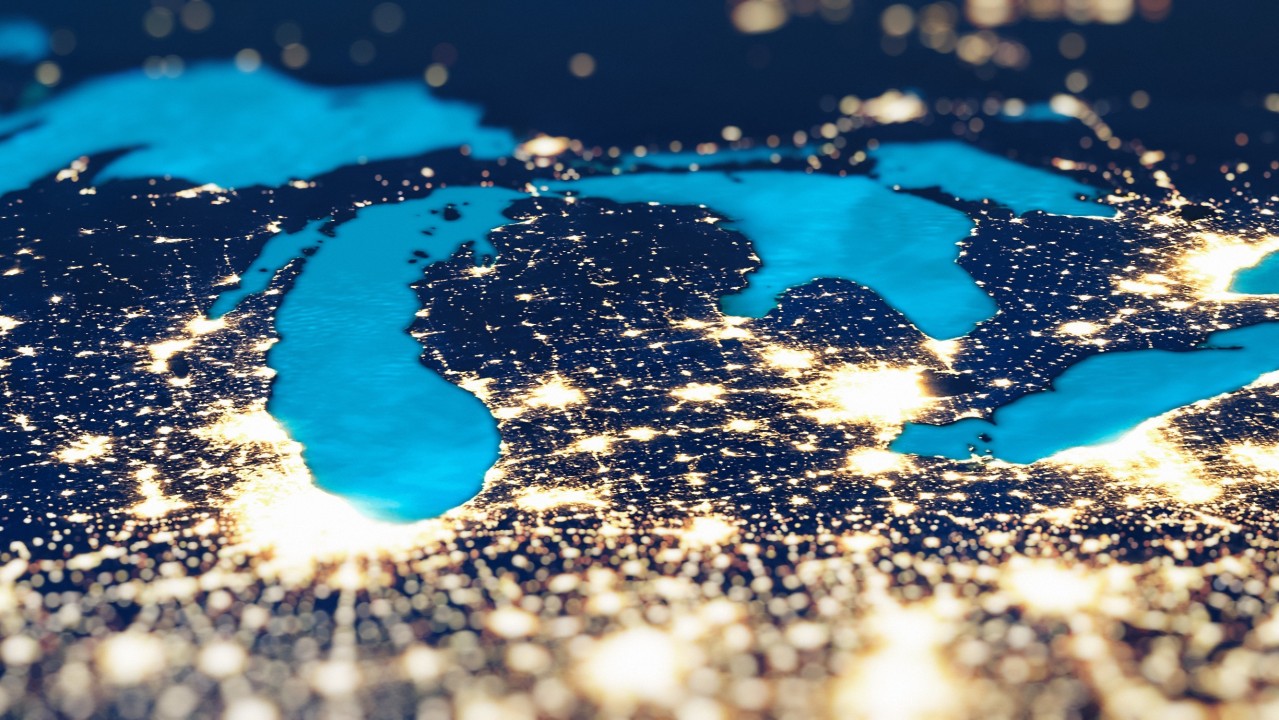By: Diane Zepka
Meet Roe Love
As we count down to our 5th Annual Chicago Water Week, happening May 4–10, we’re spotlighting Roe Love—a student at Evanston Township High School with a deep passion for marine ecology and Great Lakes conservation.
Through a self-designed website, created as part of an honors chemistry project on sustainability, Roe is raising awareness about one of the most pervasive water challenges our Great Lakes are experiencing today— pollution from PFAS, phosphate runoff, and heavy metals—and inspiring others to take action.
Roe sees Chicago Water Week as a chance to both amplify these critical issues and connect with local water leaders and organizations like Current, who are working toward a cleaner, healthier future for our region’s water.
Keep reading to learn more about Roe and this incredible project.
Q: What inspired you to focus your honors chemistry project on PFAS, phosphate, and heavy metal pollution in the Great Lakes?
Roe Love: I’ve always been really into marine biology, but living in the Midwest, I realized I needed to pivot from ocean topics to freshwater. The Great Lakes are such an important part of our environment here, and when I started researching local issues, I discovered the phosphorus pollution in Green Bay and how it leads to algae blooms and hurts wildlife. From there, I found more about PFAS and heavy metals, which are really tough to remove from water and come from things like manufacturing. That mix of science, local relevance, and real environmental impact made it the perfect project.

Q: What’s your overall goal with this project and your advocacy around Great Lakes pollution?
Love: I want more people to care— not just about the things they can see in the water, like plastic pollution, but also the stuff they can’t see, like phosphate runoff or heavy metals that settle into silt. These things still impact wildlife and our drinking water. My hope is that by raising awareness, we can push for stronger protections, better cleanup of polluted sites, and more sustainable practices, like using alternatives to PFAS and filtering storm drains with materials like zeolite that can pull phosphorus out of the water.
Q: What do you hope people take away from your project if they saw it during Chicago Water Week?
Love: I hope they think, ‘Wow, this is a really big issue,’ and ‘Wow, there’s something I can do about it.’ I included simple actions people can take like choosing low-phosphorus fertilizers, researching brands that avoid PFAS, and donating to organizations doing real cleanup and policy work. I don’t want people to feel overwhelmed. I want them to feel empowered.
Q: Why do you think Chicago Water Week is important?
Love: It’s a chance to learn about the lakes in ways that are actually fun and engaging. You’ve got forums, volunteer cleanups, tours — it’s not just lectures in a room. If someone randomly asked you to go clean up a river, you might say no. But when it’s part of a big event that’s well-promoted and community-focused, it feels exciting. People get curious, they get involved, and that’s what makes change happen.
Q: Do you see yourself continuing this work in the future?
Love: Definitely. I’m really interested in environmental engineering and marine sciences — especially solutions to chemical and plastic pollution, and how ecosystems can be protected. I’d love to work at the intersection of ecology and technology, finding ways to conserve water and biodiversity at the same time.
Why Roe’s Work Matters
A student-led initiative like Roe Love’s is a powerful reminder that change starts with curiosity and action. What began as a school project grew into a call for awareness, advocacy, and solutions to protect and help clean the water we all depend on.
Whether you’re a student, a policymaker, or just a member of our community, Chicago Water Week offers an opportunity for involvement, inspiration, and impact. As Roe shows us, no matter your age, background, or expertise, we all have a responsibility to fight for and protect our precious freshwater.



